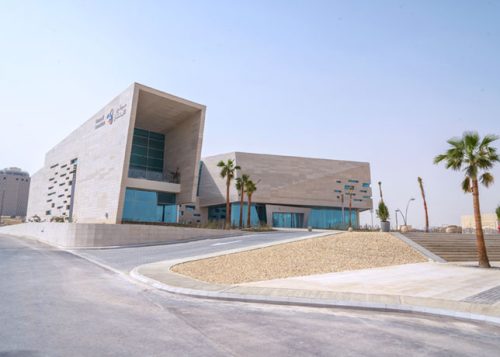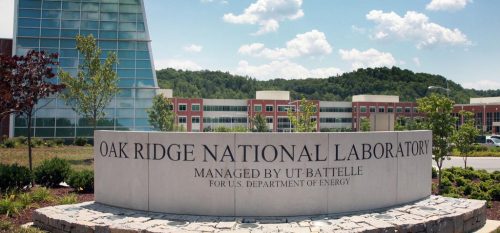CAC Experts
Our company is an SME based in the United Arab Emirates
CAC Experts
About Us
Our company is an SME based in the United Arab Emirates, founded in 2022 by a group of university graduates specializing in polymers and chemistry. The concept for this specialized venture took shape after the graduation of Dr. Saeed Al Falas in petrochemicals, Dr. Nadine Saif in analytical chemistry, and Dr. Khaled Darno in polymer science Dr Ahmad Aziz in business analytics issue.
Our Network
we have built a robust network of key market stakeholders, including raw material suppliers, final product manufacturers, specialized distributors, production and development consultants, as well as manufacturers of machinery and laboratory equipment. Our goal is to facilitate the seamless execution of various projects for SMEs with a focus on efficiency, professionalism, and expertise. By leveraging this collaborative network, we ensure that each project is carried out with the highest standards of quality and innovation.



Institutes and organizations that focus on knowledge issues and research, especially in fields like chemistry and polymers, are typically universities, research centers, government institutions, and industry-oriented organizations.
These organizations drive progress in chemistry and polymers through research, collaboration, and knowledge exchange, impacting industries such as manufacturing, healthcare, energy, and environmental technology.
Here’s an overview of the types of institutions and examples from various countries:
- Universities and Academic Institutions
- Government Research Institutes
- Industrial Research and Development Centers
- National Laboratories
- Industry Associations and Research Consortia
- Innovation and Technology Parks
- Non-Profit Research Organizations
Role:
Conduct fundamental and applied research in chemistry, materials science, and engineering. Many have specialized research centers or departments focusing on polymers and advanced materials.
Examples:

- MIT (Massachusetts Institute of Technology), USA: Known for its research in materials science, chemical engineering, and polymer technology.
- University of Cambridge, UK: Has extensive research in polymer chemistry and materials science, including sustainable materials.
- ETH Zurich, Switzerland: Engages in innovative polymer research, nanotechnology, and advanced materials development.
Role:
Government-funded institutions often focus on strategic research areas that benefit national industries, including petrochemicals, advanced materials, and environmental technology. They also set standards and guide policies.
Examples:

- National Institute of Standards and Technology (NIST), USA: Conducts research in materials and polymer science, focusing on measurements and standards.
- Central Institute of Plastics Engineering and Technology (CIPET), India: Focuses on polymer technology, plastics processing, and related industries.
- Fraunhofer Society, Germany: Europe's largest applied research organization, with institutes focusing on polymer science, materials, and industrial applications.
Role:
Many companies maintain R&D centers dedicated to developing new materials, improving processes, and innovating products, including polymers, coatings, adhesives, and elastomers.
Examples:

- SABIC Technology & Innovation Centers, Saudi Arabia: Works on developing advanced polymer solutions for various industrial applications.
- BASF Research Center, Germany: One of the world's largest chemical companies, with a significant focus on polymer development and applications.
- Dow Chemical Company R&D, USA: Engages in research related to chemical and materials engineering, with a strong emphasis on plastics, elastomers, and adhesives.t.
Role:
National labs often undertake large-scale, multidisciplinary research projects in areas like materials science, energy, and advanced manufacturing, often collaborating with universities and industry.
Examples:

- Oak Ridge National Laboratory (ORNL), USA: Conducts research in materials science, including polymers and composites for advanced applications.
- National Physical Laboratory (NPL), UK: Focuses on measurement science and materials research, including polymer analysis.
- Shanghai Institute of Organic Chemistry (SIOC), China: Specializes in organic chemistry research, including polymer synthesis.
Role:
These organizations facilitate collaboration between industry players, set industry standards, and support research projects through funding and networking.
Examples:

- American Chemical Society (ACS), USA: Provides resources and support for research in chemistry, including polymer science.
- European Polymer Federation (EPF), Europe: Promotes collaboration and research in polymer science across Europe.
- Plastics Industry Association, USA: Supports the plastics industry through advocacy, education, and research initiatives.
Role:
Provide infrastructure and a collaborative environment for startups, research institutes, and established companies to work on technology and product development.
Examples:

- SRTI Park (Sharjah Research, Technology, and Innovation Park), UAE: Supports R&D in polymers, materials, and other industries.
- Silicon Valley Innovation Centers, USA: Many companies and research institutes collaborate on materials science and advanced technologies.
- Tsukuba Science City, Japan: A major hub for research in materials, chemistry, and engineering.
Role:
Conduct research to solve specific problems or advance knowledge in areas like environmental science, materials, and technology.
Examples:

- Max Planck Institute for Polymer Research, Germany: Focuses on polymer science, from basic research to potential industrial applications.
- Chemical Heritage Foundation (now Science History Institute), USA: Conducts research on the history and future of chemistry and materials science.

